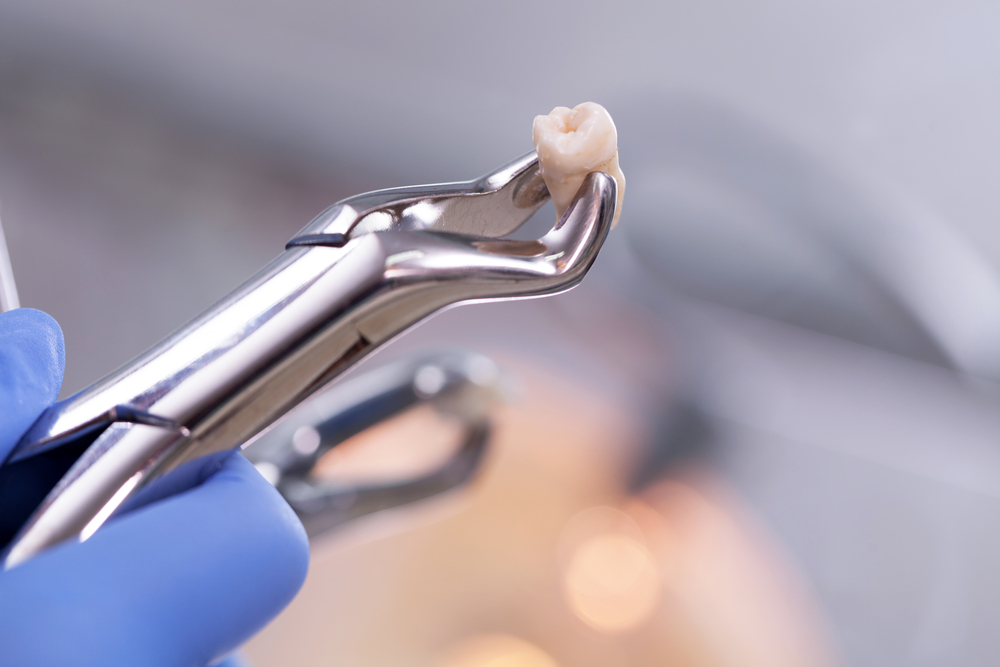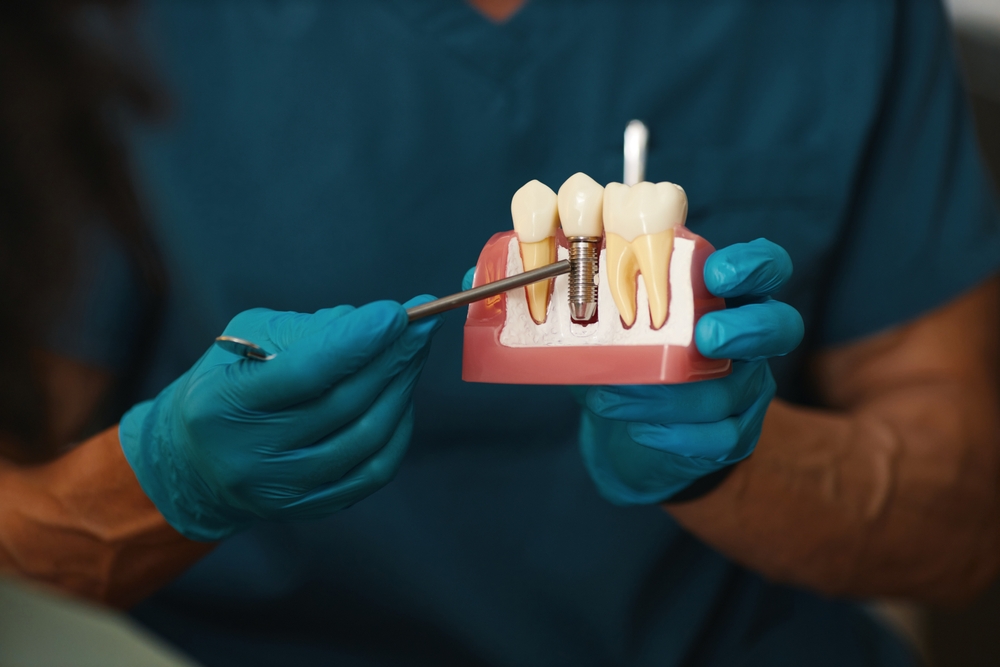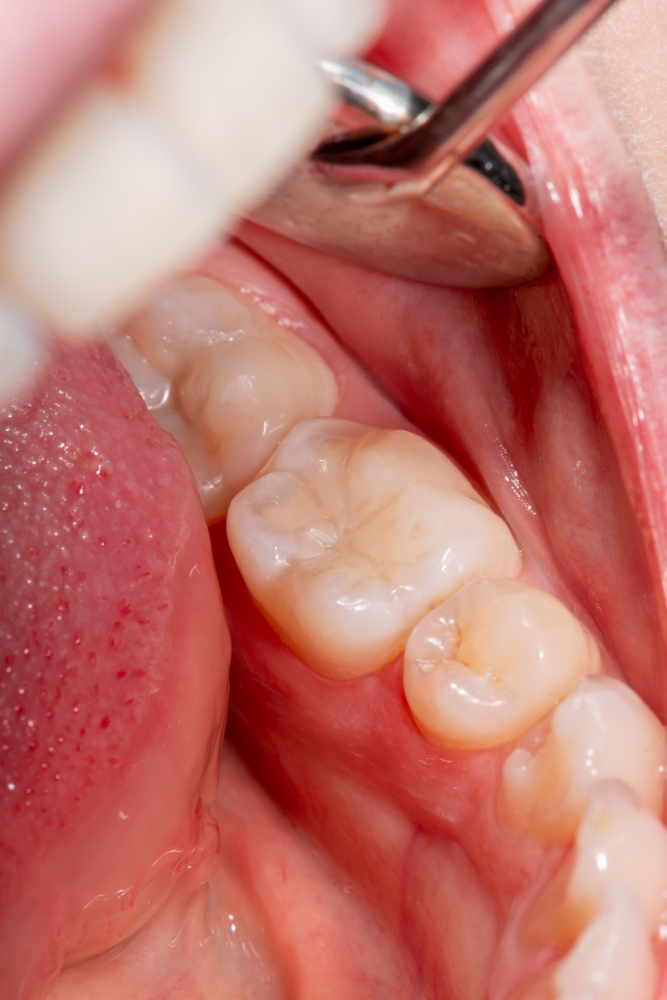Oral Surgical Associates Blog
Learn more about dental in our blog!

If TMJ pain is interfering with your daily life, schedule a consultation with Oral Surgical Associate and learn which TMJ treatment option may be right for you.

The temporomandibular joint (TMJ) is one of the most complex joints in the body, connecting your jawbone to your skull and allowing you to perform essential functions like speaking, chewing, and yawning. When this joint becomes misaligned or inflamed, it can cause a wide range of symptoms that extend far beyond the jaw.

Wisdom tooth removal is a common oral surgery, but it’s completely normal to feel anxious if you’ve never experienced it before. Knowing what to expect before, during, and after the procedure can help you feel more confident and prepared. At Oral Surgical Associates, our team is committed to making your wisdom tooth removal as comfortable, efficient, and stress-free as possible.

When it comes to restoring missing teeth, dental implants are one of the most effective and long-lasting solutions available. Beyond their natural appearance and durability, implants also offer significant benefits for your oral health that go far beyond aesthetics.

When most people think of fractures, they imagine visible breaks, swelling, or bone protrusions. However, not all fractures are so obvious. A closed fracture is a type of bone break that occurs beneath the skin without any open wound. When it involves the delicate bones of the face, a closed fracture can be difficult to detect but may still have serious consequences if left untreated.

Oral pathology plays a critical role in detecting and diagnosing diseases affecting the mouth, jaws, and related structures. By studying tissue samples under a microscope, specialists can identify abnormalities that may not be visible during a routine dental exam. Early and accurate diagnosis allows for timely treatment and better patient outcomes.

Having a tooth extracted is sometimes necessary to preserve your overall oral health, but proper aftercare is essential to promote healing and prevent complications. Whether you’ve had a simple or surgical extraction, following your oral surgeon’s instructions can make your recovery faster, smoother, and more comfortable.

When it comes to your oral health, early detection can be lifesaving. Oral pathology exams are a critical component of comprehensive dental care, designed to identify abnormal changes in the mouth that could indicate serious health conditions, including oral cancer. At Oral Surgical Associates, we emphasize the importance of regular exams to help protect your health and provide peace of mind.

Wisdom teeth, also known as third molars, typically emerge between the ages of 17 and 25. For some people, they come in smoothly and align properly. However, for many, these teeth become impacted. Impacted wisdom teeth can lead to a variety of dental issues, which is why recognizing the signs early and seeking professional evaluation is crucial.

Temporomandibular joint (TMJ) disorders can affect your daily life in ways you might not expect. From persistent jaw pain and difficulty chewing to headaches and ear discomfort, the symptoms of TMJ problems often start subtly and gradually worsen over time. Early intervention is essential to manage these symptoms and prevent long-term damage to the joint and surrounding structures.







